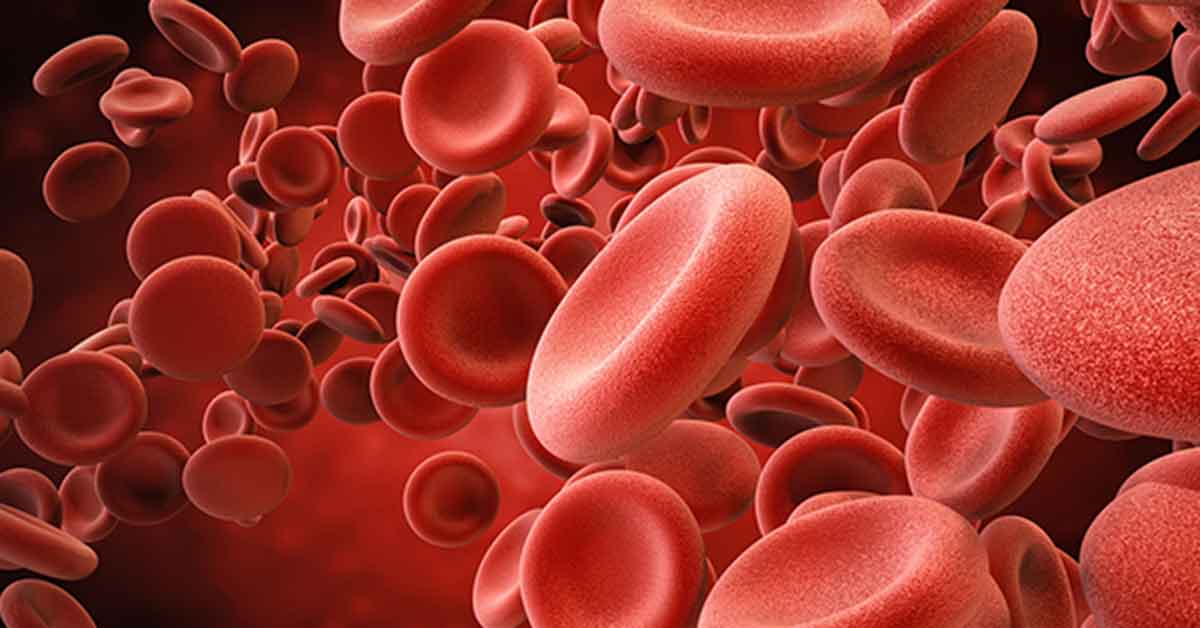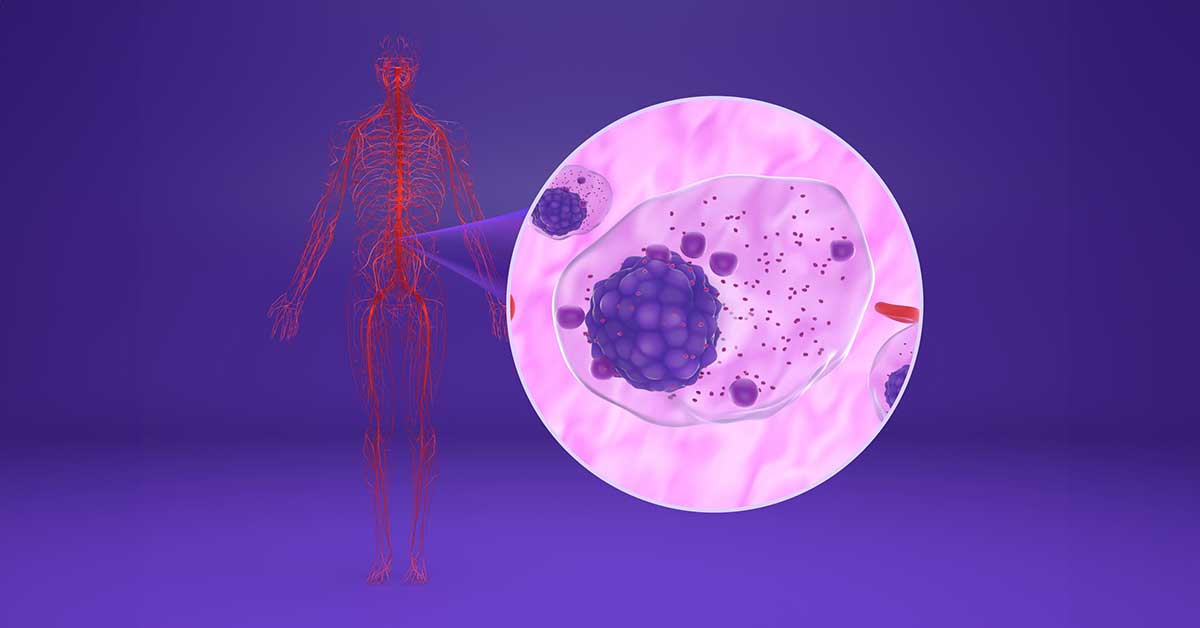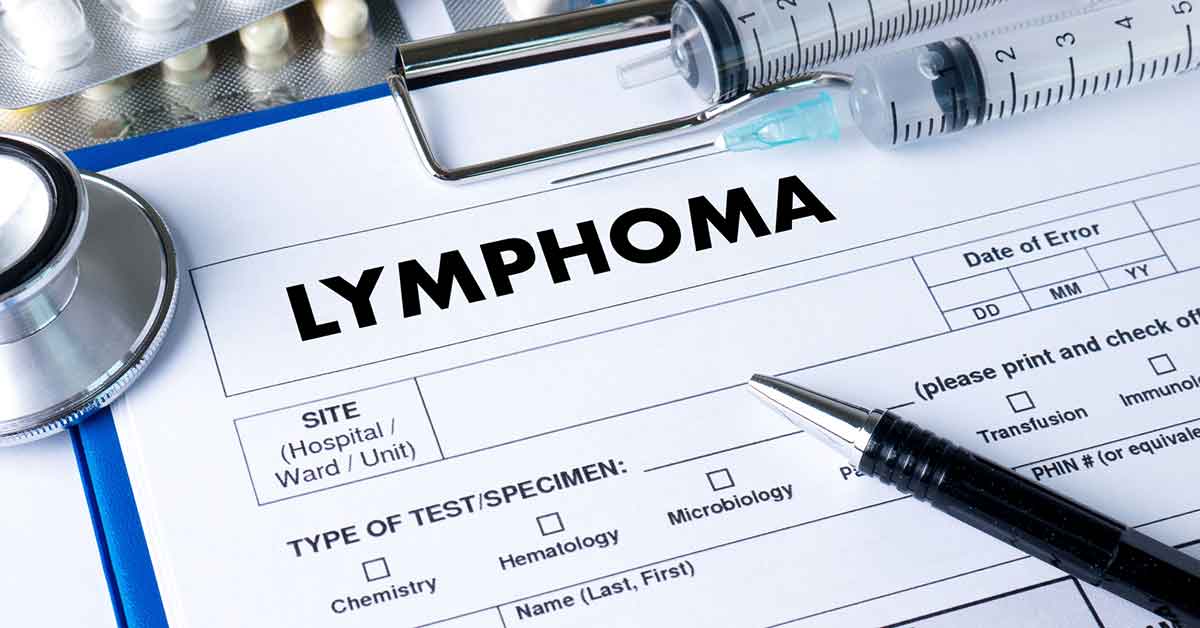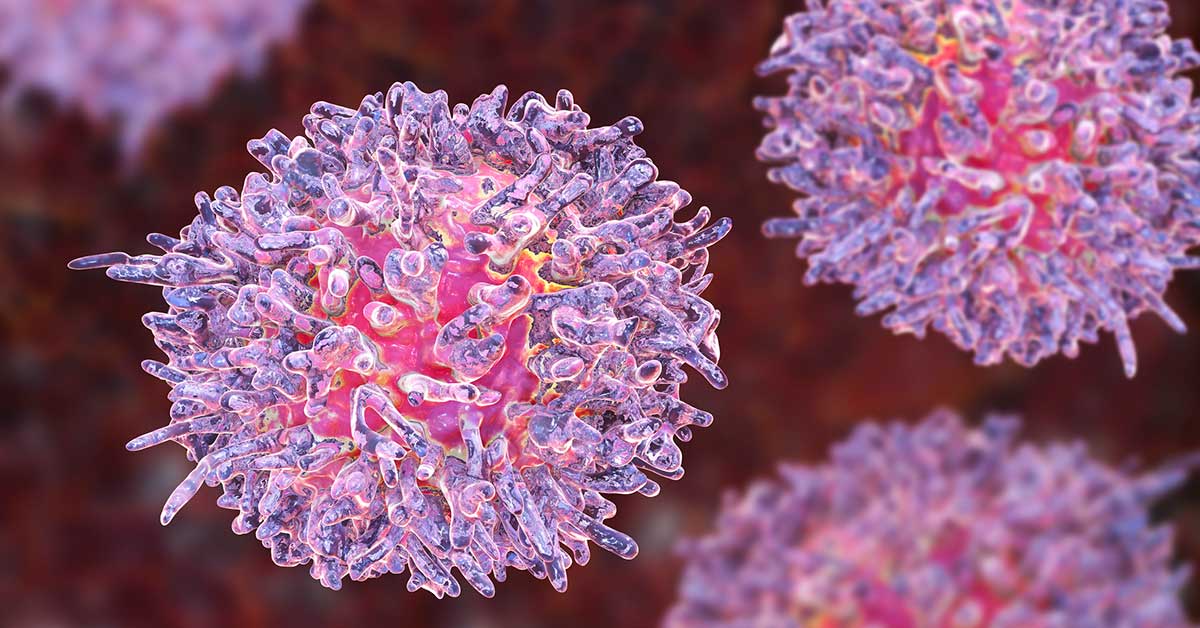Blood Cancer
Contact Us
What is Blood Cancer?
Blood Cancer is a hematologic cancer that begins in blood-forming tissue, such as the bone marrow, or in the cells of the immune system. Examples of blood cancer are leukemia, lymphoma, and multiple myeloma. Approximately 10 percent of all cancers diagnosed in the U.S. each year are blood cancers. Blood Cancers are treated by Hematology-Oncologists who specialize in both cancer and blood diseases.
What are the different types of Blood Cancer?
- Leukemia – a cancer of the blood cells and the body’s blood forming tissues, including the bone marrow
- Lymphoma – cancers that start in the lymphatic system, which is part of the body’s immune system and fights infection. The two main types are:
- Hodgkin Lymphoma
- Non-Hodgkin Lymphoma
- Myeloma – cancers of the white blood cells, known as plasma cells, which make antibodies that protect against infection
Are all blood disorders cancerous?
Many blood disorders are not considered cancerous. Treatments vary depending on the type and severity of the non-cancerous blood disorder. Examples of Non-cancerous blood disorders include: anemia, hemophilia and blood clotting.
Back to Top
What are the symptoms of Blood Cancer?
Common symptoms for blood cancer may include:
- Fever
- Chills
- Persistent Fatigue
- Weakness
- Loss Of Appetite
- Nausea
- Unexplained Weight Loss
- Night Sweats
- Bone Or Joint Pain
- Abdominal Discomfort
- Headaches
- Shortness Of Breath
- Frequent Infections
- Itchy Skin Or Skin Rash
- Swollen Lymph Nodes In The Neck, Underarms or Groin
If you experience any of these symptoms, especially if they appear suddenly or are persistent over time, don’t hesitate to discuss them with your doctor.
How are Blood Cancers and disorders diagnosed?
The first step to diagnosing a blood disorder or cancer begins with a physical examination by your provider. Your doctor will look for signs of infection, examine your body and review your health history. If necessary, your physician may order additional tests to determine if a blood disorder or cancer is present.
- Biopsy – samples of your cells are collected and sent to a pathologist in a lab to examine, looking for abnormal cells or changes in the genetic make-up of your cells. For blood-related disorders or cancers, biopsies can be taken from your lymph nodes or your bone marrow for further evaluation.
- Imaging Scan – while not always best suited for identifying blood cancers, imaging scans can help find enlarged lymph nodes, which may indicate the presence of lymphoma. Imaging scans, like a CT scan, MRI, PET scan, X-ray or ultrasound, may not be best for identifying leukemia, since there are no visible tumors in the blood, but they may be helpful in identifying other parts of the body that have been affected by the cancer.
- Blood Test – the most common blood test, a complete blood count (CBC) is able to show the amounts of different levels of the types of cells in your blood: red blood cells, white blood cells and platelets. Other blood chemistry tests check for the levels of substances in your blood and can identify any abnormal levels that would possibly indicate the presence of a blood cancer.
Treatments for Blood Cancers and Diseases
Treatment options depend on a number of factors. They include the specific type and stage of cancer, the patient’s overall health and personal preference, and other unique factors. Common treatments can include any of the following or a combination of therapies:
- Chemotherapy
- Immunotherapy
- Radiation Therapy
- Targeted Therapy
- Clinical Trials
Across our network, FCS provides the newest cancer therapies, some not yet available elsewhere, through convenient access to clinical trials. Patients who participate in these safe and carefully supervised research studies are receiving the most advanced treatments available.













